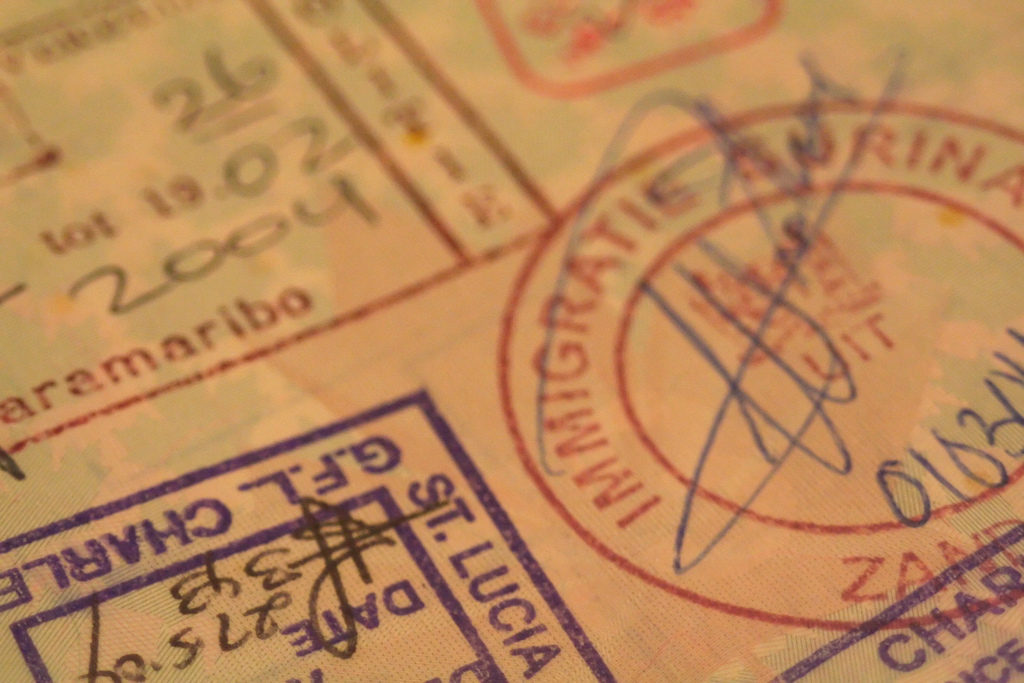At least 5,600 individuals who fought for Islamic State in Iraq and Syria, have returned home to 33 countries, according to the latest report by a private intelligence firm The Soufan Group released on Tuesday.
“All returnees, whatever their reason for going home, will continue to pose some degree of risk,” the report said. “Added to the unknown numbers from other countries, this represents a huge challenge for security and law enforcement entities.”
Even though ISIS has lost its strongholds in Iraq and Syria, including the cities of Mosul and Raqqa, the group is expected to survive the campaign against it in one form or another. The attitude and ability of the surviving foreign fighters, whose number reached some 40,000 at its peak, will likely play an important role.
“Although there is disagreement over the threat that returning foreign fighters may present to their countries of residence or origin, or to other countries they pass through, it is inevitable that some will remain committed to the form of violent ‘jihad’ that al-Qaeda and IS have popularized, both within and outside the Muslim world, just as they did following the jihad in Afghanistan,” the report said.
A separate set of issues will arise from the need to reintegrate returnee women and children. The Soufan Group said since 2015, the number of foreign women and children traveling to or being born in the Islamic State has risen.
In 2014 – 2016, ISIS is believed to have recruited and trained more than 2,000 boys aged nine to 15.
“Women who have joined IS must be assumed to have known what they were doing, and be treated accordingly. At the very least, some of the 600+ members of the all-female Al Khansaa [ISIS] unit in Raqqa claimed to have taken part in torture and to have enjoyed doing so,” the report said.
At present, states struggle to identify best ways to reintroduce them into society, including mental health and social support mechanisms.
“States have not found a way to address the problem of returnees. Most are imprisoned, or disappear from view. There will be a need for more research and information sharing to develop effective strategies to assess and address the threat,” the report said.



